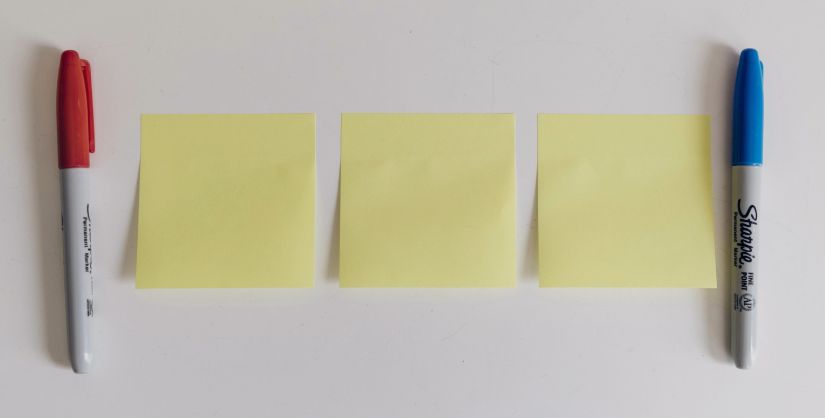Are you as passionate about the English language as we are? An event dedicated to it took place last week. Friday, June 28, 2024, marked English Grammar Day. It was held at the prestigious British Library in London.
This event wasn't just about comma placement and verb conjugation drills. It was a vibrant exploration of grammar's role in our lives.
Subtle verb differences explored
The day unfolded with a series of thought-provoking talks. Each delved into a specific facet of grammar. Shahan Choudhury, a lecturer at Anglia Ruskin University, examined verb tenses. His talk was called, ‘Exploring Children's and Teachers' Metalinguistic Thinking about Perfect and Progressive Categories of the Verb.’
It explored how both children and educators grapple with the subtle differences in verbs. For example, between ‘has eaten,’ ‘is eating,’ and ‘ate.’ This research shed light on the learning process. It also highlighted the potential complexities embedded within seemingly easy grammar rules.
The evolution of London grammar
Next, Devyani Sharma, Professor of Linguistics at Queen Mary University of London, focused on the capital. Her talk was titled ‘Changing London Grammar’. It offered a glimpse into the ongoing evolution of the city's dialect. The ‘Generations of London English’ project leader shared preliminary observations. Grammar is morphing in real-time across different demographics.
A little comic relief
The discussion steered towards a lighter side. Jonnie Robinson, Lead Curator of Spoken English at the British Library, delved into the world of sports nicknames. His talk, ‘Stokesy ct. Foakesy b. Woakesy: The Grammar of Nicknames in Sport,’ analysed the grammatical patterns used to create these catchy monikers.
He analysed data on nicknames in the mainstream sporting press. He also deconstructed the humour in 'Stokesy'. Robinson's presentation revealed a surprising grammatical ingenuity.
Important social issues
The afternoon session delved into the social impact of grammar. Deborah Cameron, Professor Emerita of Language and Communication at the University of Oxford, presented a thought-provoking talk. ‘Grammar, the Media and the Reporting of Violence Against Women.’ Cameron argues that grammatical choices in reporting can notably influence our impression of social issues.
Analysing sentence structures and word choices, she demonstrated how this happens. Seemingly neutral grammar can perpetuate biases and misinterpretations. This talk highlighted the power of language. It emphasised the importance of conscious grammatical choices. Especially when reporting sensitive topics.
Wrapping it up
It was time for the day to come to an end. Jennifer Webb is a teacher and creator of the popular website Funky Pedagogy. She presented a talk titled 'Grammar: Possibility, Craft and Agency in the Classroom'. Webb challenged the common perception of grammar education.
Too many think it a dry and tedious exercise. Instead, she advocated for reclaiming grammar. It's a tool for empowerment. It enables students to develop their voice. It increases confidence. It gives a deeper appreciation for language. Her enthusiasm gave a renewed perspective on the prospects of teaching grammar.
Panel discussions
Alongside compelling presentations, English Grammar Day offered additional enriching talks. John Mullan, a UCL professor, moderated a panel. It provided a platform for attendees to engage with the speakers. They delved deeper into their areas of expertise. The day also featured a resource fair. This showcased valuable tools and materials for learning and teaching grammar at all levels.
Speakers and attendees engaged in lively conversations throughout the day. English Grammar Day provided a unique space to celebrate the complexities of this ever-evolving system of communication.
The event's continued success lies in its ability to showcase the multifaceted nature of grammar. It recognises grammar's influence on all areas of life.
Have you explored Readable’s grammar resources?
We have a wealth of spelling and grammar resources available to supplement your learning. We’re here to help you with a combination of in-built spelling & grammar features to valuable educational resources. Try Readable for free.


